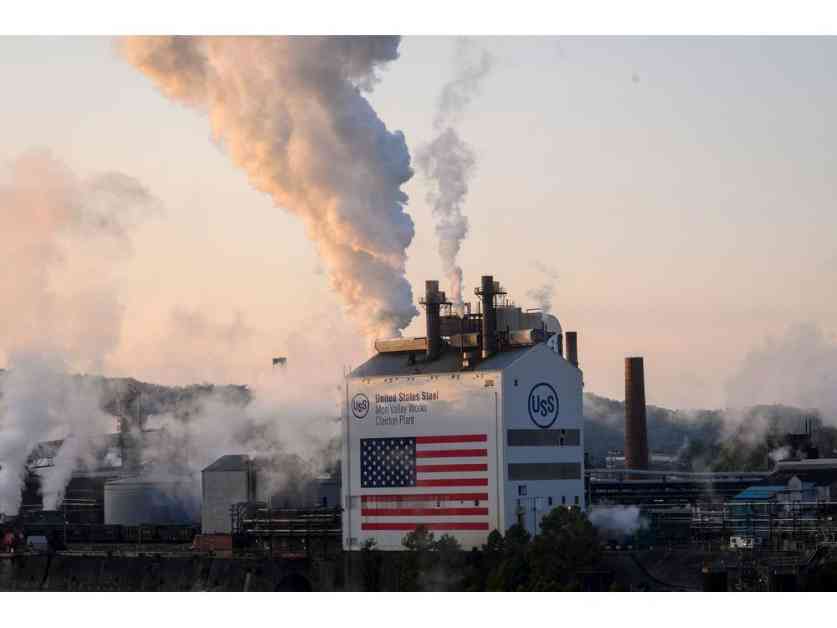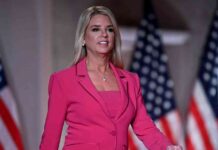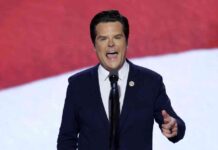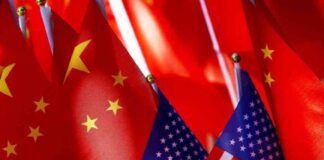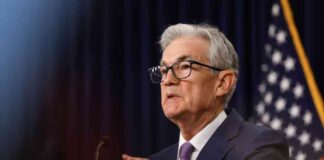Biden’s US Steel Deal Decision: Division in His Inner Circle
In a pivotal decision that sent shockwaves through Washington, President Joe Biden announced his veto of the proposed $14.1 billion sale of United States Steel Corp. to Japan-based Nippon Steel Corp. The move came after weeks of intense deliberation and internal strife within Biden’s inner circle, highlighting the complex dynamics at play in the highest echelons of power.
The High-Stakes Showdown
The saga began shortly after the US election when hundreds of Biden’s allies gathered at the White House, including a group of arbitrage traders who closely monitored the proceedings for any indication of the deal’s fate. At the heart of the conflict was steelworkers union chief David McCall, a staunch opponent of the sale, who found himself in an unlikely face-off with the president himself.
Factions Inside The White House
Behind closed doors, a fierce debate raged among Biden’s closest advisors, with Secretary of State Antony Blinken and National Security Adviser Jake Sullivan advocating for a conditional approval of the deal. However, their efforts were ultimately in vain as Biden stood firm in his decision to block the sale on national security grounds.
The Battle for Pennsylvania
The repercussions of Biden’s decision reverberated beyond the walls of the White House, sparking divisions in state politics and Pittsburgh, a symbolic bastion of US steelmaking. Local union officials and grassroots supporters found themselves at odds over the deal, while Pennsylvania Governor Josh Shapiro navigated a delicate balancing act behind the scenes.
Amidst the political maneuvering and high-stakes negotiations, one thing became clear – the fate of US Steel Corp. hung in the balance, with far-reaching implications for national security, economic policy, and the future of American industry.
As the dust settled and Biden’s veto was officially announced, the curtain fell on a chapter of intense intrigue and high drama in the corridors of power. The decision underscored the complexities of governing in a rapidly changing world, where alliances are tested, loyalties are divided, and the fate of a nation hangs in the balance.

